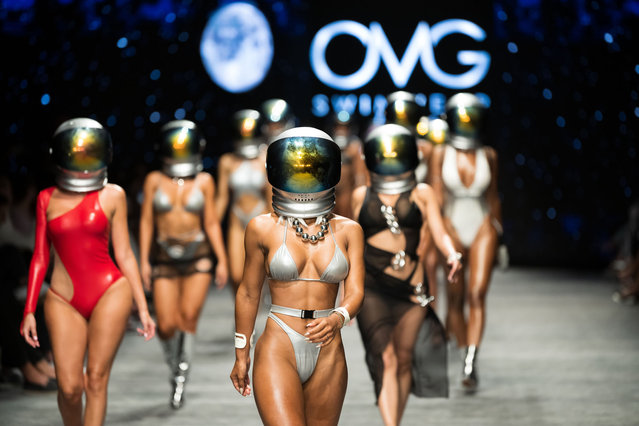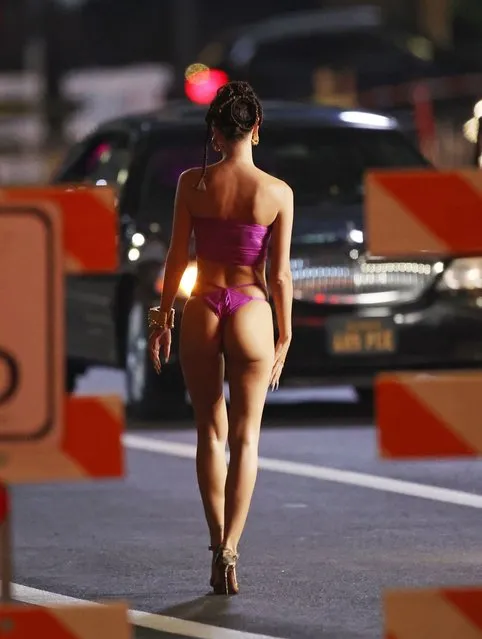
Wing maker Marian Hose (L), also known as “Killer”, and Model Martha Hunt take part in a fitting ahead of the Victoria's Secret fashion show in New York, U.S., October 30, 2018. (Photo by Kevin Coombs/Reuters)
11 Nov 2018 00:07:00,post received
0 comments







